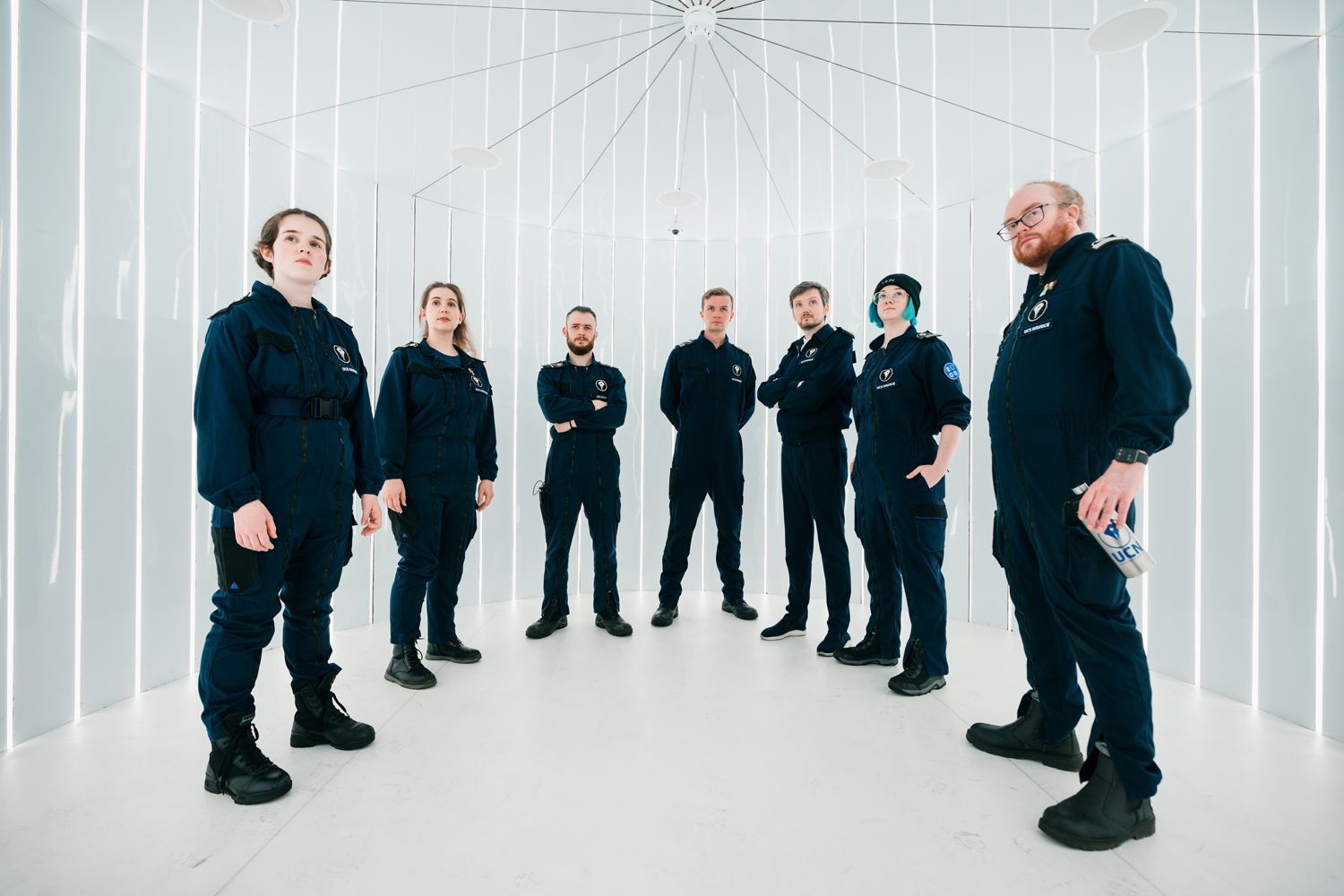Navigating the rhythm of life after completing alcohol addiction treatment can feel like learning a new dance—one where the music’s tempo changes unexpectedly. For those in the music and entertainment scene, the challenge is even more pronounced, surrounded by the very triggers that may have fueled the addiction in the first place. This guide is designed to speak to you: a creative soul looking to maintain sobriety while still engaging with a world rich in temptations and triggers. Here, we explore practical, actionable strategies to not just survive but thrive in your new sober life.
Establishing a Solid Support System
The first step in maintaining sobriety after treatment is to establish a solid support system. This doesn’t just mean leaning on friends and family—although they are incredibly important—it also involves seeking out groups and communities who understand the journey you’re on.
Whether it’s regular meetings with a local recovery group or engaging with online forums dedicated to sober living, the key is consistency and commitment. Surround yourself with people who not only support your sobriety but also understand the unique pressures of your lifestyle in the music and entertainment industry.
Choosing Recovery-Friendly Environments
One of the trickiest aspects of staying sober is choosing environments that support your recovery journey. This includes being selective about the places you visit and even the countries you travel to. In the context of taking addiction-friendly vacations, it’s important to note some countries to avoid after addiction recovery. Destinations like Thailand, the UK, and Spain can be challenging for those in recovery due to their prevalent drinking cultures and nightlife.
Instead, opt for places that offer relaxation and activities that don’t center around alcohol. Explore nature retreats, wellness resorts, and countries known for their sober activities to ensure your environment aligns with your goals.
Developing New Hobbies and Interests
Diving into new hobbies and interests can fill the void that alcohol once occupied. This is particularly vital for individuals in creative fields, as engaging in new forms of expression can provide not just a distraction but a new source of fulfillment.
Whether it’s picking up an instrument, painting, joining a dance class, or writing, find something that excites you and dive in. Not only do these activities keep your mind engaged, but they also help to rewire your brain towards seeking pleasure in healthier ways, reinforcing your commitment to sobriety.
Emphasizing Physical Health and Wellness
A cornerstone of sustained sobriety is the commitment to physical health and wellness. Incorporating some enjoyable physical activity into your routine is not just about keeping fit; it’s about creating a physical dependency on healthy endorphins instead of alcohol. This can range from yoga and meditation to more intense activities like cycling or rock climbing, depending on your interests.
Alongside physical fitness, consider the importance of a balanced diet and adequate sleep, both of which play crucial roles in emotional regulation and stress management. Furthermore, for those who may need an extra helping hand, exploring options such as alcohol detox in San Diego or a city near you can provide the necessary support with professionals who are attuned to the needs of recovering individuals. This focus on holistic health is essential, as it reinforces your body’s ability to handle stress and reduces the temptation to relapse.
Continuous Learning and Education
Education about addiction and the recovery process is an ongoing journey that doesn’t end after treatment. Continuing to educate yourself about the psychological and physiological aspects of addiction can empower you.
Attend workshops, read books, and participate in seminars that delve into coping strategies, the science of addiction, and stories of recovery. This continuous learning not only strengthens your resolve but also keeps you informed about new methods and treatments in addiction recovery, which can be crucial in navigating your own path forward.
Regular Reflection and Mindfulness
The practice of regular reflection and mindfulness is a transformative tool for maintaining sobriety. This involves setting aside time for meditation, journaling, or any form of mindfulness practice that helps center your thoughts and emotions.
Reflecting on your progress, setbacks, and daily experiences gives you a chance to congratulate yourself on your successes and strategize on how to overcome your challenges. It also enhances self-awareness, allowing you to recognize triggers and cope with them effectively before they lead to a relapse.





